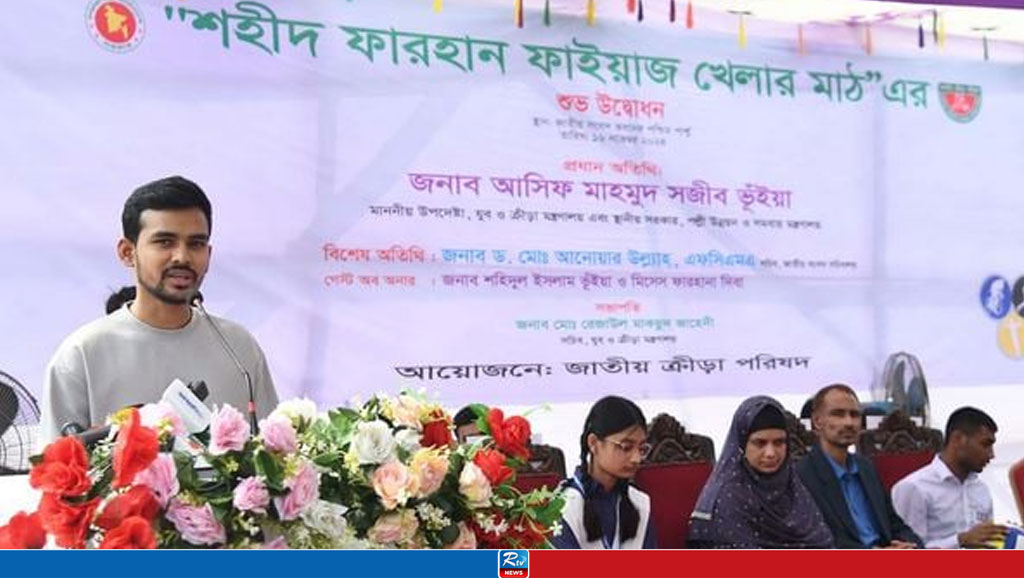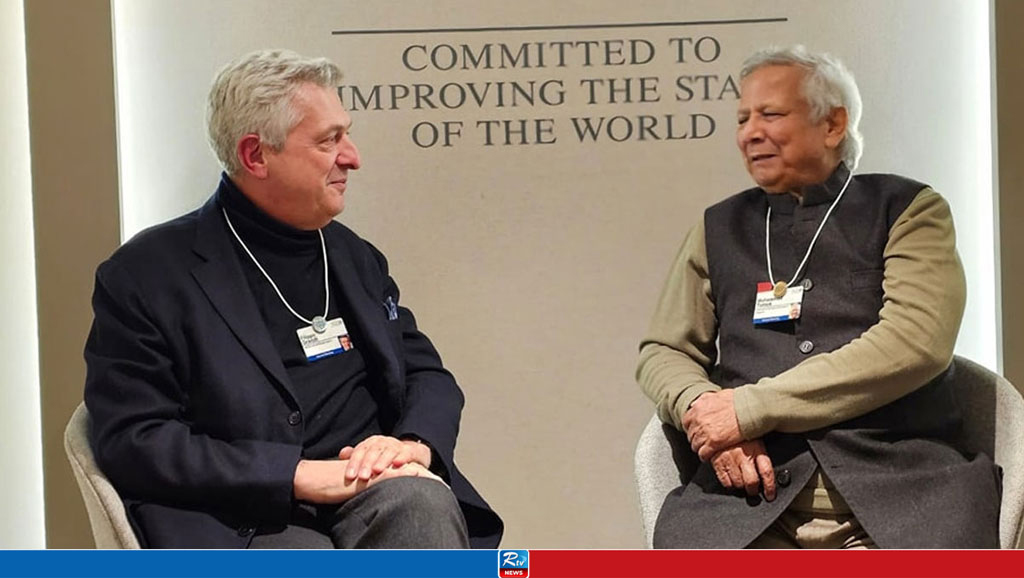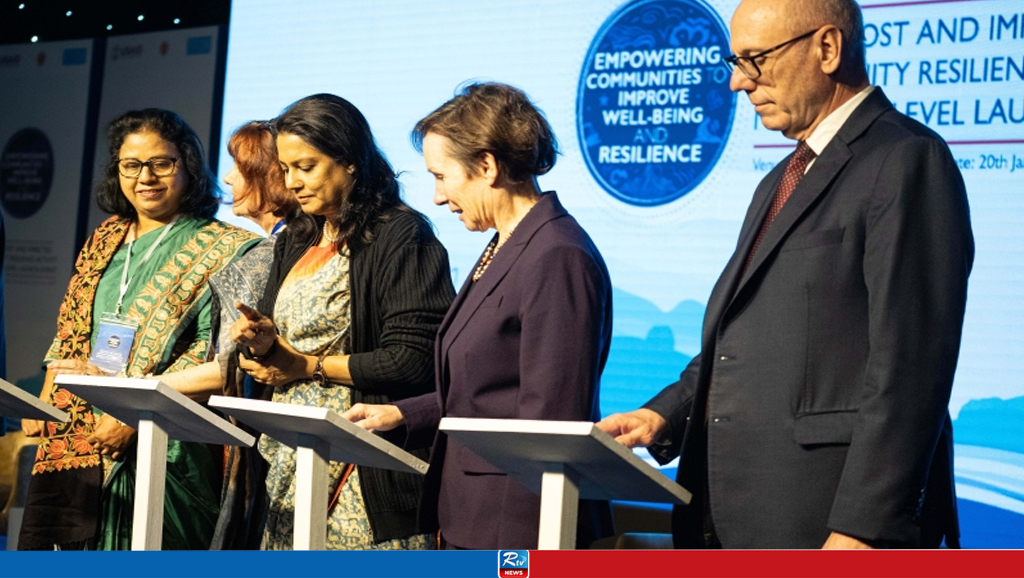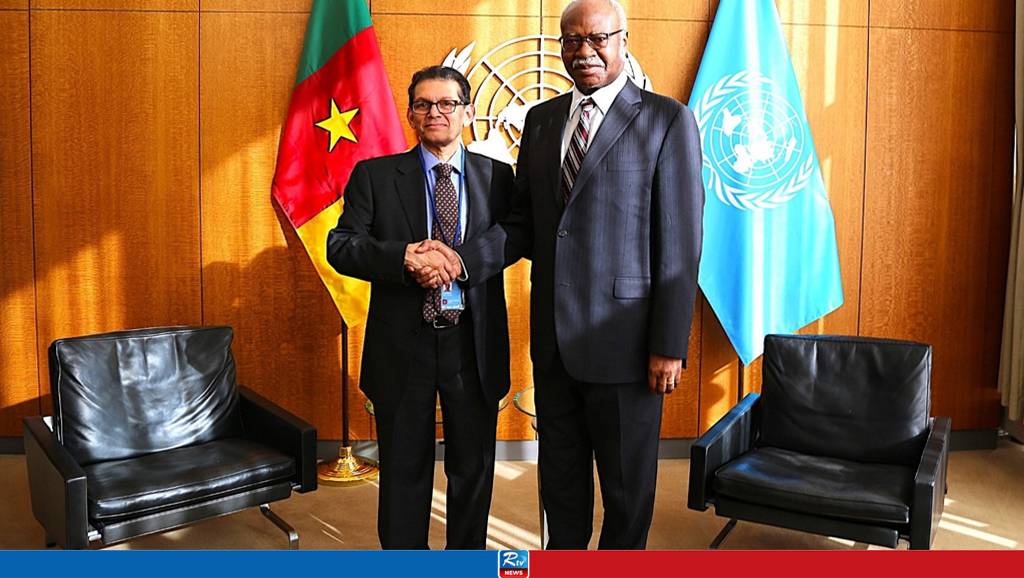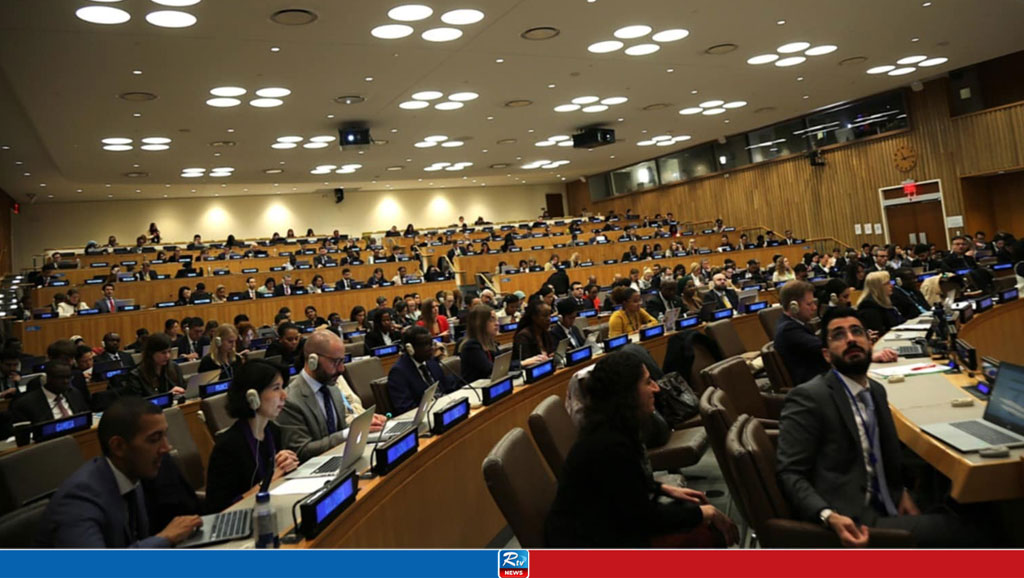Rohingya Crisis Prolonged by Neighbors’ Interests: Adviser
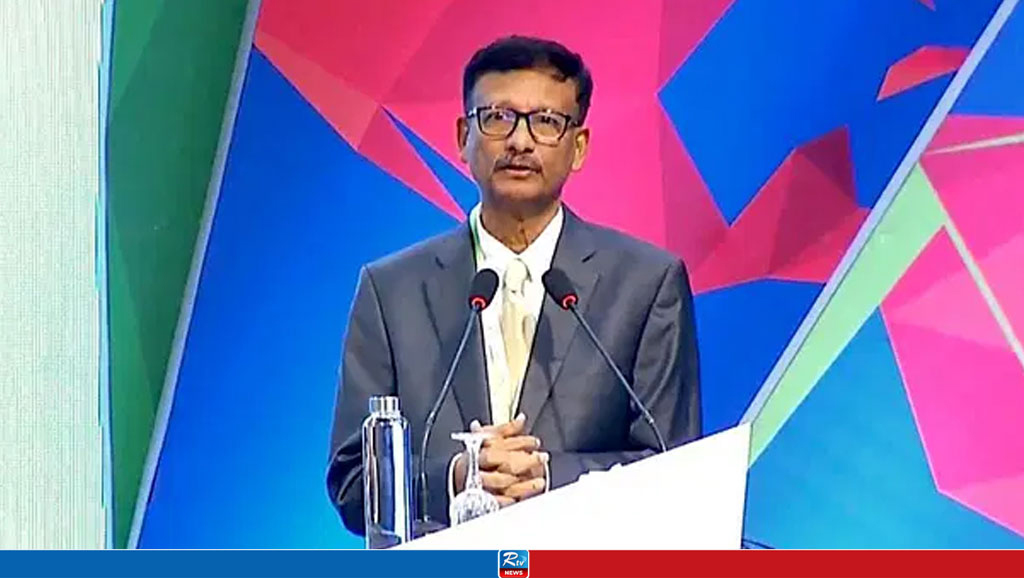
The interim government’s Foreign Affairs Adviser, Md. Touhid Hossain, stated that the Rohingya crisis is being prolonged due to the vested interests of neighboring states.
He made this remark on Saturday (November 16) while speaking at the inaugural session of the international conference titled Bay of Bengal Conversation 2024, held at a hotel in the capital. The event was organized by the Center for Governance Studies (CGS), a private research institute.
Highlighting the importance of the Bay of Bengal for Bangladesh in various contexts, including the Rohingya issue, Md. Touhid Hossain said that apart from Bangladesh, India, the United States, and China have distinct strategic interests tied to the Bay of Bengal. Over the past eight years, the assistance received from major neighbors in resolving this crisis has been less than expected.
He remarked, “I see this issue with our neighbors this way: because of their own interests, they have not stepped forward to help resolve this problem. As a result, this crisis has become a significant burden for us. It will not remain a threat only to Bangladesh; it will spread elsewhere too.”
Addressing why China has not extended its support to Bangladesh in this matter, the adviser noted, “One may question why China hasn’t come forward to stand by Bangladesh. The reason can be that Myanmar is much more important to China for ensuring access to the Bay of Bengal. Similarly, India sees Myanmar’s Kaladan Project as crucial for connecting its northeastern states. Therefore, maintaining a good relationship with Myanmar is imperative for India.”
Considering the overall scenario, he commented that there is little hope of a quick resolution to the Rohingya crisis. “In this context, I can say that we have become victims of circumstances. Without blaming anyone, I would say that everyone prioritizes their own interests. This is why the Rohingya crisis is being prolonged. There is no light at the end of the tunnel suggesting that the Rohingya crisis will be resolved easily or anytime soon. If the Rohingya crisis remains unresolved, it will eventually become a global issue.”
The Foreign Affairs Adviser also observed that people have high expectations from the interim government, but their patience is very limited. “Every change takes time to yield results. I believe that solving various issues requires a bit more patience from us. Politicians, the younger generation, and all segments of society need to cultivate this patience.”
Comments
ACC Probes Hasina Family's Purbachal Plot Scandal

Vegetable Prices Down While Rice, Chicken Prices Soar; Soybean Oil Crisis Persists

Private Car Hit by Bus on Expressway, 5 Dead

SSC Syllabus and Mark Distribution for 2026 Published

Trainee Doctors Block Shahbagh Intersection

Application For 47th BCS Begins Today
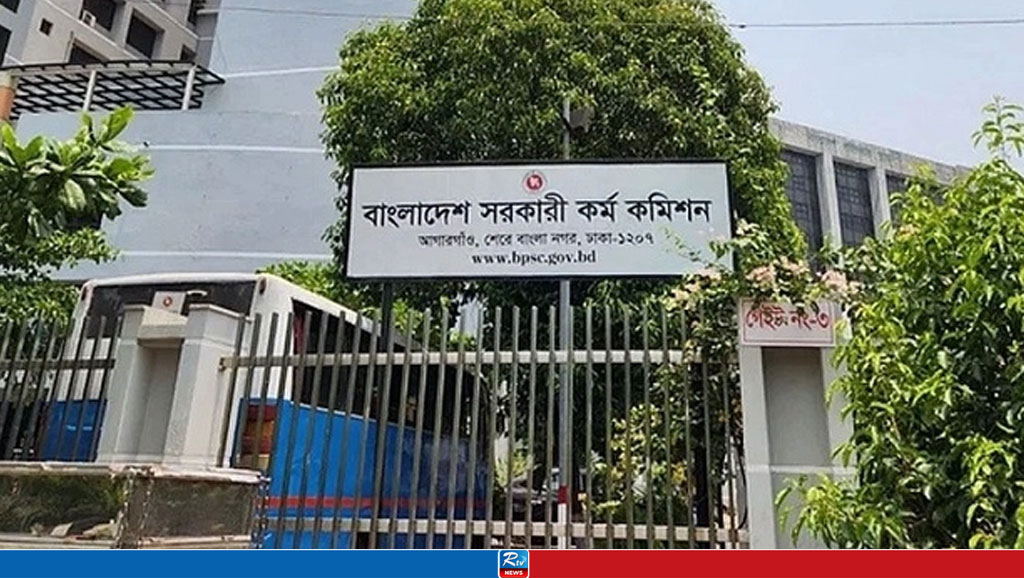
Government Directive on Tablighi Jamaat Sparks Saad Faction's Response


 Live Tv
Live Tv

